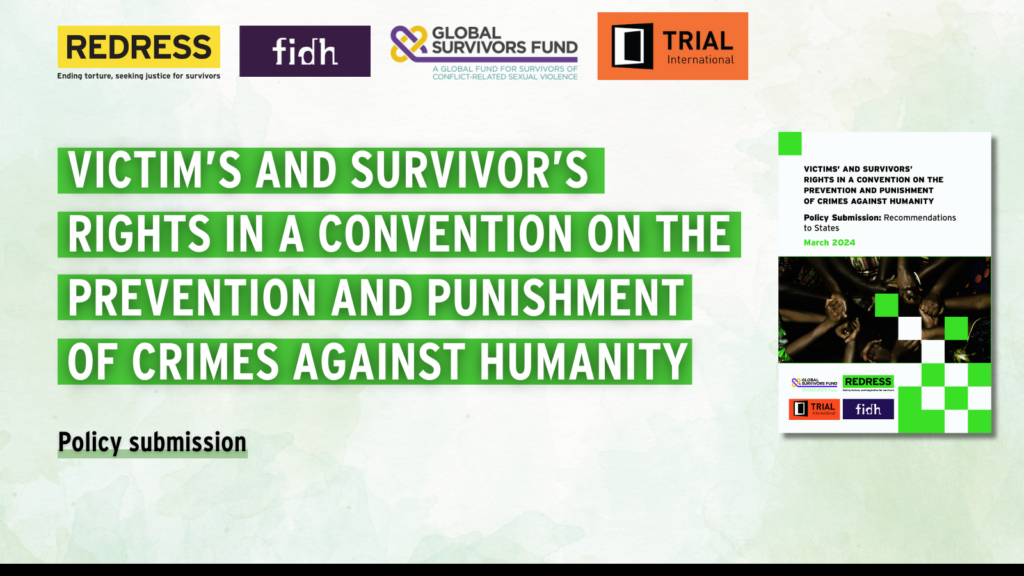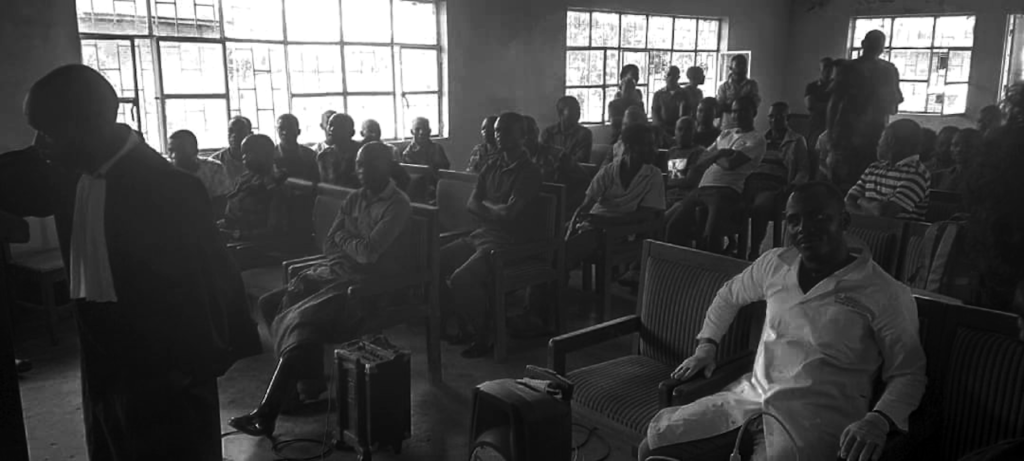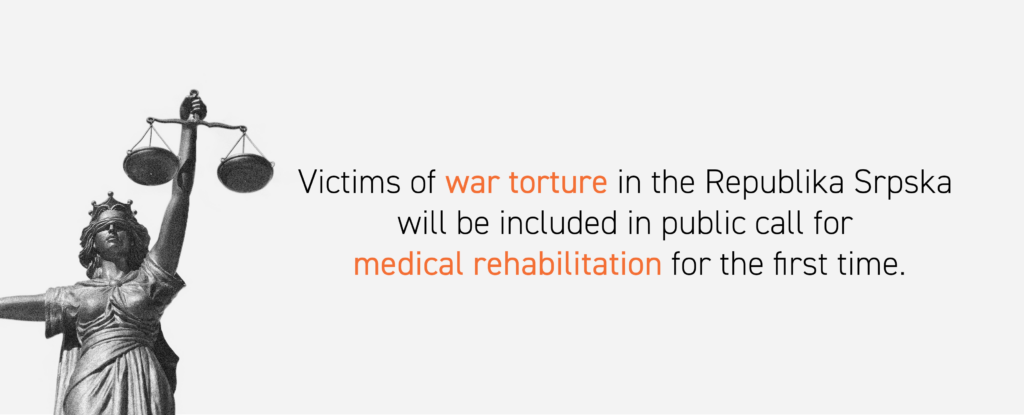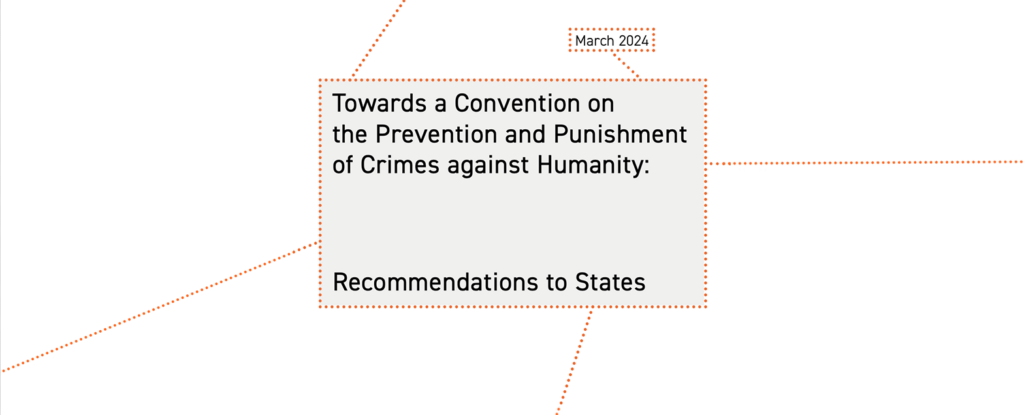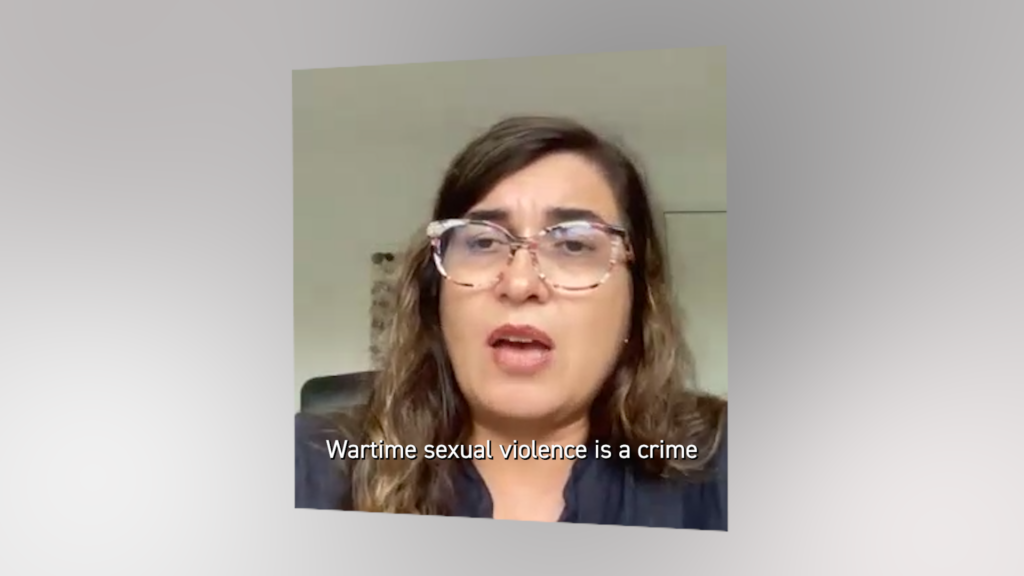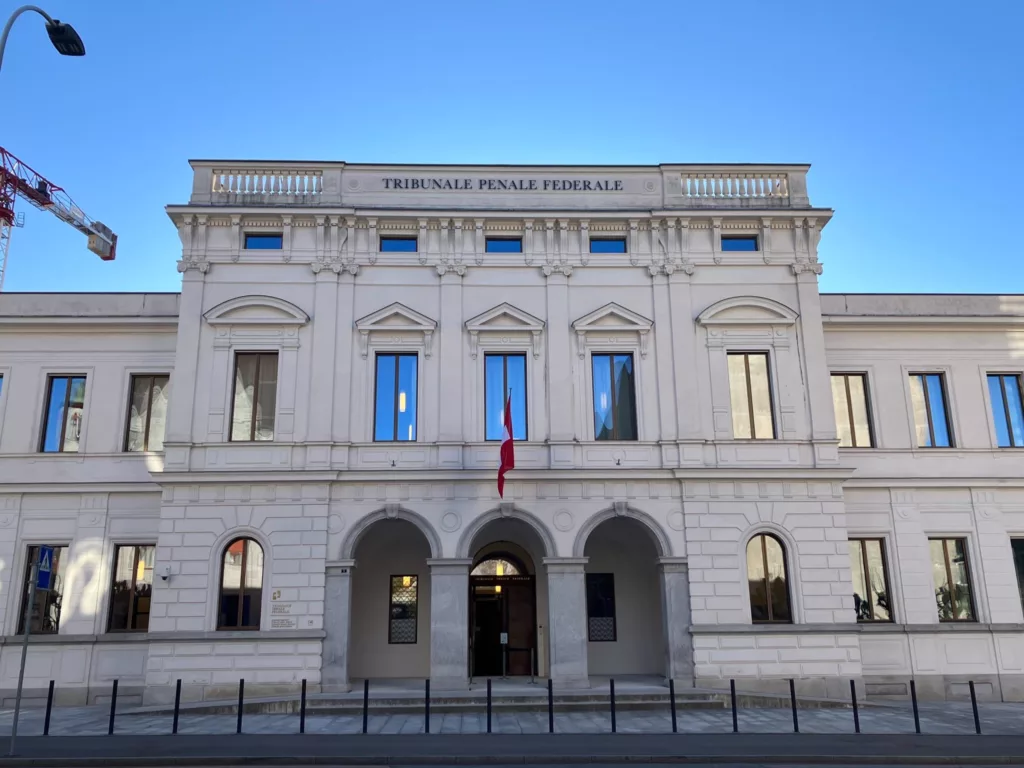Nepal: the shapes of impunity
An op-ed by Helena Rodríguez-Bronchú Carceller
“It is forbidden to kill; therefore all murderers are punished unless they kill in large numbers and to the sound of trumpets.” – Voltaire
As in any other civil war, people murdered, tortured, raped and made their fellow countrymen disappear, during the decade-long armed conflict between the State security forces and the Maoist insurgents (1996-2006) in Nepal.
Ten years of fragile peace and endless discussions followed, about how the needed transitional justice process should look like. Still today, disagreements between – and among – victims, political parties, the international community and civil society outnumber the common settled points.
How to tackle rampant impunity is one of those disagreements. While most victims’ movements and international actors call for more accountability, the political parties –some of which were involved in the conflict – are seeking ways to avoid it.
Neither the Supreme Court overruling the amnesty provision from the 2014 TRC Act nor the United Nations making clear that the prohibition of amnesties was a red line for their support of the process were enough, apparently: the amnesty debate is still today very much alive in the country, and regular declarations from political actors on the matter fuels it even more.
Equating impunity – a situation where criminals are generally not held accountable or punished – and amnesty – a legal tool to exempt criminal accountability – is a dangerous over-simplification. Impunity is indeed fostered by amnesty rules, but it can also be promoted through many other means. Nepali political parties know it and boast of their commitment not to seek amnesty, leaving aside debates over others of their ploys to avoid accountability.
Hindering changes in legislation is the first one. Torture, enforced disappearance and use of child soldiers will remain unpunished as long as they are not reflected as a criminal offence in national legislation, and as long as the possibility of applying these rules retroactively is not in place. Similarly, legal provisions are needed to overcome the applicable statute of limitations: the well-known 35-day limitation for registering rape complaints, but also the 20-year limitation for cases of murder, which is starting to bar early cases. Furthermore, in order to reflect the magnitude of the crimes at stake, criminal definitions of “war crimes” and “crimes against humanity” need to be incorporated into Nepali legislation.
A flawed transitional justice process also contributes to nurture impunity. Concerns over the two transitional justice Commissions created in 2015 are too numerous to be listed here. Numerous incidents were reported during the period to register complaints: security threats; interference from political parties and security forces; accessibility challenges for inhabitants of remote areas, people with disabilities, the elderly and non- Nepali speakers; lack of awareness and understanding about the process or the Commissions’ mandate; and no confidential reporting setting… among many others.
Leaving aside the ensuing victims’ distrust, the fact is that some victims simply could not register their complaint. Others were unable to provide an appropriate account of their cases, preparing the ground for the Commission’s withdrawal of cases “with insufficient evidence” and barring non-registered cases from any legal remedy in the future. Moreover, the Commission has only six months of mandate left. Looking at its scarce resources and working pace, it is difficult to fathom how the Commission will give a satisfactory response to the 60’000 victims who have registered their complaints. Attempting to mainstream all conflict-era cases to two dysfunctional bodies can also be understood as a strategy to foster impunity.
A Special Court is still to be created, but what would its role and regulations mechanisms concretely be? Would rules of command responsibility be applied? Would military jurisdictions play any role in this process? Key questions for the promotion of accountability that remain, not only unanswered but too little discussed by main stakeholders. The path of transitional justice in Nepal is still a long and rocky road.
Helena Rodriguez-Bronchú Carceller, Head of Nepal Programme
@Helena_RBC

